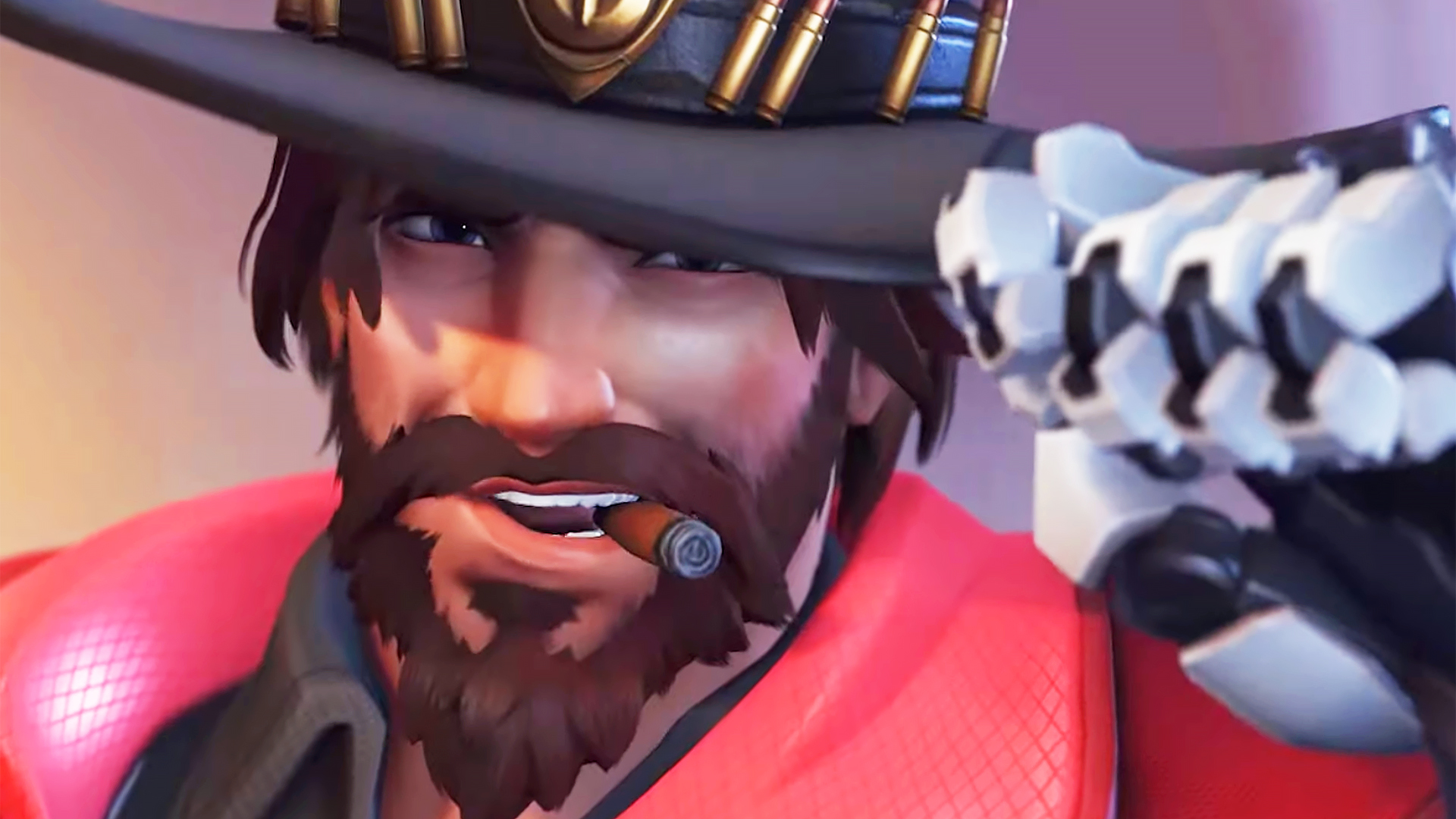Blizzard bans 250,000 Overwatch 2 cheaters, says its AI that analyses voice chat is warning naughty players and can often 'correct negative behaviour immediately'
It's also been identifying accounts that notably group with cheaters, and has banned thousands of these.

Overwatch 2 has not been having a good time of it in 2023. May brought the unwelcome news that Blizzard's original plans for the game's post-launch support were being changed, mainly the promised "original vision" of PvE story content. Players in the main hated this, with many pointing out this was why Overwatch 2 was considered a necessary sequel in the first place. Shortly afterwards the game was released on Steam, and this discontent found its expression in Steam review bombing.
Blizzard has for the most part decided it's best to keep schtum and get on with improving the game, and amid all the disappointments and groaning it's important to remember that Overwatch 2, for all its faults, is a pretty good time and still has a huge player base. It has also, like every popular competitive shooter, become more active about how it combats toxic behaviour and cheating.
A new "Defense Matrix" anti-cheat update outlines some of what Blizzard's been up to recently, with the name being the company's catch-all term for any griefing issues (and an in-joke based on one of character d.Va's key abilities). The first change announced is the complete removal of the everything-goes text chat option. Overwatch 2 originally had three settings players could choose between: unfiltered, mature, and friendly. Unfiltered has no restrictions, mature allows certain common swears that can reasonably be described as adult rather than taboo, while friendly filters out any words deemed obscene, vulgar, or offensive.
Blizzard says the 'unfiltered' option "allowed harmful language and phrases that have no place in our community" so it's gone, with all players on that setting being moved to 'mature'. Blizzard ends on the text chat by saying the "online culture lexicon" is constantly adapting and it needs players to help it by reporting altered or misspelled text. It's also taking aim at offensive nametags and custom games.
Blizzard's previously talked about using AI to verify reports of disruptive voice chat, which is now running in most regions, though not globally. The developer says it has seen this technology "correct negative behavior immediately, with many players improving their disruptive behavior after their first warning."
Ah, and some real meat: "Since Overwatch 2’s launch, we’ve detected and banned over 250,000 accounts for cheating." Blizzard adds that it's also been identifying accounts that notably group with cheaters, and has banned thousands of these.
With all of the above, Blizzard emphasises over and over that it wants people to report bad behaviour as it builds-out these system, and says it has something to offer in return: "we’re working to improve timely feedback on your reports, such as providing more consistent log-in notifications when your reports result in successful actions against misconduct. When you see that notification, a player you reported has been actioned for their disruptive behavior so that you can see the positive impact of your reporting. Keep up the good work!"
Keep up to date with the most important stories and the best deals, as picked by the PC Gamer team.

Rich is a games journalist with 15 years' experience, beginning his career on Edge magazine before working for a wide range of outlets, including Ars Technica, Eurogamer, GamesRadar+, Gamespot, the Guardian, IGN, the New Statesman, Polygon, and Vice. He was the editor of Kotaku UK, the UK arm of Kotaku, for three years before joining PC Gamer. He is the author of a Brief History of Video Games, a full history of the medium, which the Midwest Book Review described as "[a] must-read for serious minded game historians and curious video game connoisseurs alike."

